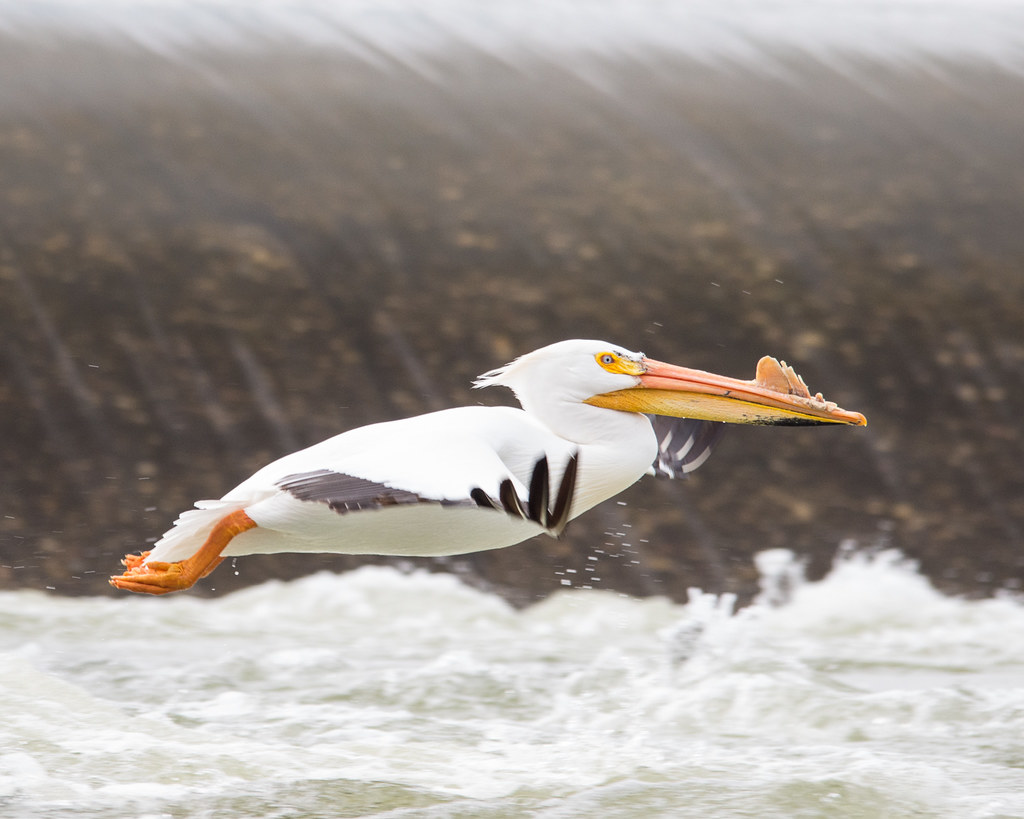How It Began
Andrew McKinlay is a runner, nature photographer, and co-owner of a software company. He’d lived in Saskatoon, Saskatchewan, all his life and had a deep and abiding love for the Prairies – the grasses and birds, the lakes and rivers, and wildlife. He wanted to help protect the land and its wild inhabitants and believed one way he could make a contribution would be by sharing information through an online publication. The goal was to break down silos and make connections so that people who cared about solar energy or wind power were also familiar with issues affecting wetlands and birds. He invited his sister, Penny McKinlay, to join him in this adventure as she was a reader, writer, and fellow nature-lover.
What We Did
We started out by covering Saskatoon events and news stories but quickly realized that we needed to expand our reach to the province as a whole. In addition to a weekly news and events update, we published profiles of individuals, organizations, and activities. The EcoFriendly Sask Calendar shared events from across the province – from outdoor education programs to birding trips to speakers on energy management. We published lists of organizations and volunteer opportunities, Saskatchewan nature books, and seasonal outdoor adventures.
In 2012, we began offering small grants to support local environmental projects. There was such a wide range of projects – from a teacher who wanted to offer her students a wide array of environmental books, to signage for nature trails, an online talk on peat-free gardening, children’s events on butterflies and bug hotels, and research into aspen bluffs and aquatic insects.
In 2020, we launched Nature Companion, a free website/app with information about over 300 birds, animals, insects, reptiles, amphibians, trees, and plants that make their home in Canada’s 4 western provinces.
Thank You
Publishing EcoFriendly Sask has been deeply rewarding for both Andrew and Penny. We have met so many amazing people who are doing so much to protect the environment and share their love of nature. You’re planting pollinator gardens and testing water quality, advocating for wetland management policies and bird-friendly building guidelines, establishing community nature festivals, and encouraging kids (and adults) to spend more time outdoors. The list goes on and on! To each and every one of you who took the time to share your knowledge and passion with us – thank you! You have enriched our lives and we can only hope that we have been able to assist you in your work.
Change
In 2021, Andrew and his wife Shelley moved to Victoria, British Columbia, and they encouraged Penny to move as well. Our sister, Clare, has lived in Victoria for many years so we’re now reunited. Our mother, who dearly loved the ocean and her children, would be pleased.
We’ve expanded our horizons. It seemed only appropriate to expand the scope of EcoFriendly Sask as well and it will be replaced by EcoFriendly West. Our goal is to inform and encourage initiatives that support Western Canada’s natural environment by sharing ideas and information across Canada’s four western provinces.
EcoFriendly West will offer a weekly news update as well as profiles of people and organizations. There will be lists of organizations as well as parks and books. We’ll be dropping the Calendar as we couldn’t possibly keep track of everything that is going on in such a large territory, but we’re excited about sharing stories of people and activities from across the west. We hope to continue offering grants to support environmental projects, but they are on hold for the moment as we consider the best way to do so on a wider scale.
Through EcoFriendly West, Penny and Andrew are looking forward to connecting with people and activities that span a wide and diverse geography – from the Canadian Shield and the shores of Hudson Bay in Manitoba, to the lakes and plains of Saskatchewan, Alberta’s Rocky Mountains, and British Columbia’s rain forests and marine flora and fauna. We hope you’ll join us on this journey to celebrate the wild world we are fortunate enough to live in and that so desperately needs our help if it is to survive and be enjoyed by future generations.
Our first stories are already lined up and ready to go. We’re eager to tell you about a children’s environmental theatre company in Manitoba, wildlife conservation and translocation projects at the Wilder Institute/Calgary Zoo, the benefits and risks of agriculture drainage projects on the Prairies, bat research in Alberta, and common Pacific coast seaweeds.
Do stay in touch. We’d love to receive your ideas, suggestions, questions, and updates on your activities. You can reach Andrew and Penny at ecofriendlywest@gmail.com
You can follow EcoFriendly West by liking us on Facebook, following us on Twitter, or subscribing by email. Current email subscribers will be transferred over automatically to the new publication but can unsubscribe at any time.





